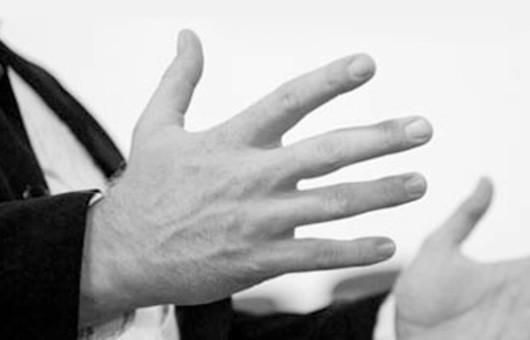
Workshop 2, Sydney: The Value of Working with the Social and Cultural Atom (3 days)
Moreno invented the Social and Cultural Atom as an innovative way to display the self and the range of its significant relationships. It depicts the significant people in an individual’s life, their social atom, overlaid with their dynamic relational patterns, their cultural atom. Its usefulness is that it sets the context for developmental work by understanding patterns in how tele and spontaneity function in relationships. Essentially it a tool for self-awareness.
Foundational concepts from both sociometry and role theory underpin the social and cultural atom. The key principle drawn from sociometry is that you cannot understand a person unless you understand their relational world. The key contribution of role theory is that it makes “the mysterious concept of the self, tangible and operational” (Moreno 1994:iii). The principle developed by Max Clayton (1994:121) is that “role theory be applied so that incisive analysis is infused with feeling” and in this way contributes to the development of a humane group culture. Central to understanding a role is discerning the way in which an individual sees life. This focus forms the controlling element in each role that we live out in the world (Clayton 1994:124).
In this workshop, we will explore the social and cultural atom and the way in which tele and spontaneity underpin roles, recognising that “each individual’s ability to act in response to tele is influenced by their spontaneity” (Moreno 1946:541). We will apply role concepts to deepen self-understanding, naming roles and making assessments of role relations. Perceiving something of a person’s social and cultural atom assists the psychodrama director to recognise the central social core of an individual’s being and identify areas for role development. It is also a significant step towards the development of the role of the therapeutic guide, necessary for all psychodrama directors.
References
Moreno, J.L. (1994). Psychodrama. First Volume. Psychodrama & Group Psychotherapy. 4th Edition. American Society of Group Psychotherapy & Psychodrama. McLean, VA.
Clayton, G.M. (1994). Role Theory and its Application in Clinical Practice. In Holmes, Karp & Watson (eds.) (1994). Psychodrama since Moreno. London: Routledge.
~~~~~~~~~~~~~~~~~
For further information rollobrowne1952@gmail.com mobile 0417682085 or Bona Anna
This program is the second workshop of the Sydney Psychodrama Personal and Professional Development Series 2025. Participants will experience and develop their understanding of the Psychodramatic Method and its application.
Trainers in this program are qualified psychodrama trainers, educators and practitioners with Australian Aotearoa New Zealand Psychodrama Association (AANZPA).
~~~~~~~~~~~~~~~~~
Sydney Campus Policy on Refunds and Credit
All refund and credit decisions are at the discretion of the trainers. While we will always consider extenuating circumstances, in general the campus policy is:
- Cancellation up to 4 weeks out from an event – Full refund, minus a $40 administration fee or credit
- Cancellation within 4 weeks of an event – No refund but a credit towards a future event
- Cancellation within 7 days of an event or non-attendance – A credit towards a future event for illness only
------------------------------------------------------------------
The Psychodramatic Method
The method assists participants to increase their spontaneity and creativity through active participation. This participation includes group work, enactment and theoretical mini lectures. The program will assist in developing leadership and will lead to increasing abilities in relating to others. The training assists is developing confidence in group presentations and in the development of interpersonal and group skills.
This program is designed for professional people who are involved in health, theatre, management, consultancies, coaching, mentoring , supervision, art, writing, teaching, human potential and creative therapies. The process will assist in the deepening of abilities to step into the shoes of others and this will contribute to the effectiveness of those who are therapists, counsellors, psychotherapists, health workers, managers, trainers and educators, actors, artists, writers and poets. Supervised practice for advanced psychodrama trainees is also an aspect of this program.
The course will consist of enactment, group participation and discussion. Participants are expected to be actively involved, on both days. The learning of new skills may be emotionally challenging.
A certificate of attendance will be given on request and may be used for points towards required professional development and psychodrama certification. The training hours are recognised by Psychodrama Australia and can lead to certification as a psychodramatist, sociodramatist, role trainer or sociometrist.
